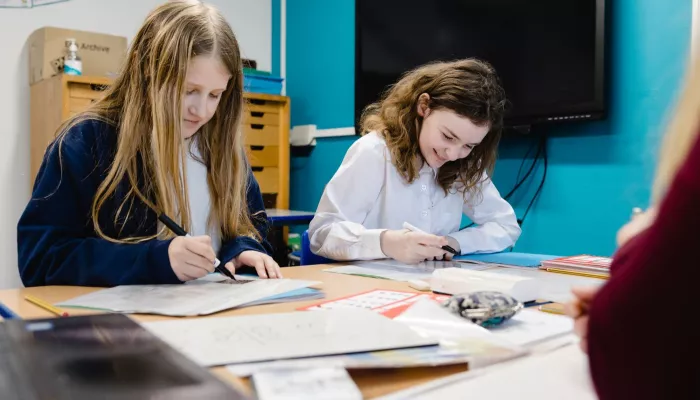
How learning more about poverty is enabling us to serve our tutees better
Findings from the first stage of our place-based social justice research project are already prompting important discussions amongst our staff team.
Published:

Findings from the first stage of our place-based social justice research project are already prompting important discussions amongst our staff team.
Published: